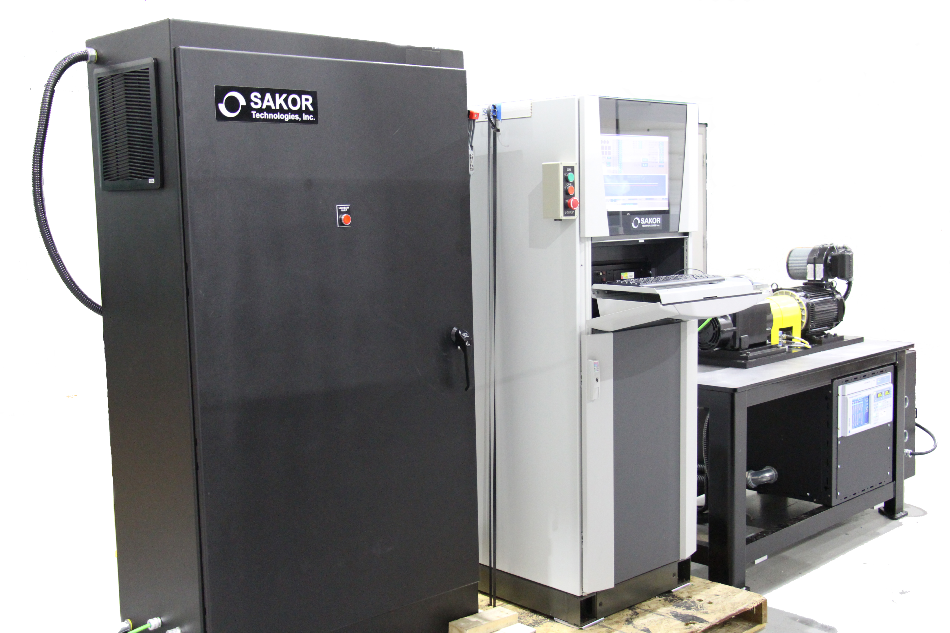SAKOR TechnologiesInc., a recognized leader in the area of high-performance dynamometer systems, announces that it has developed a series of dynamometer systems ideal for customers required to test and verify the level of efficiency of electric motors in accordance with a variety of national and international standards, including IEC 60034-2-1; IEEE 112B; and Canadian standard C390-93. The SAKOR units can be used test from two to eight pole motors ranging from 10 watts to more than 3 megawatts.

As part of the global effort to reduce the use of fossil fuels and greenhouse gas emissions, regulators are developing energy efficiency standards for the billions of small, medium, and large electric motors used around the world. These regulations specify how to ensure motors are meeting the efficiency standards that have come into effect or are being phased in. First in line for regulation are induction motors; it is likely that permanent magnet motors will be regulated in the coming years, followed later by inverter driven motors.
The new line of SAKOR motor testing dynamometers offershigh-accuracy testing for designers and manufacturers of electric motors of any size, for use in applications ranging from largeindustrial equipment to consumer appliances, including fans, refrigerators, and washing machines. They have been optimized so that individual machines can test the widest possible range of motor sizes and still maintain necessary accuracy tolerances. SAKOR systems meet the standards’ tight tolerances and exacting requirements regarding data precision and accuracy.
Capable of precisely measuring motor efficiency, these dynamometers provide an essential tool to engineers seeking to reduce fossil fuel consumption and enhance energy efficiency to meet strict environmental standards and regulations.
“We have worked hard to define this line of systems to give the maximum utility per machine and make it most cost-effective for the customer,” said Randal Beattie, president of SAKOR. “By optimizing equipment to test the widest range of motor sizes with one system while staying within required accuracy levels, customers will need to buy the fewest number of machines at the lowest total cost.”